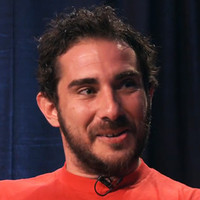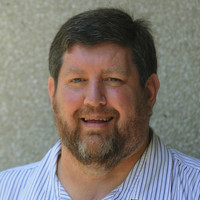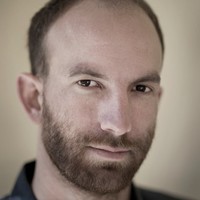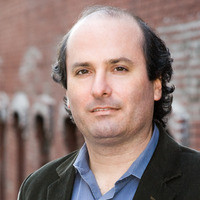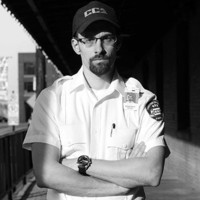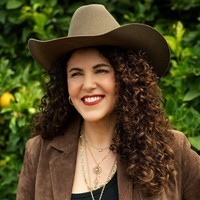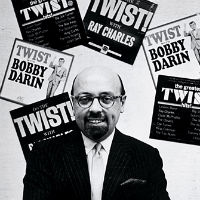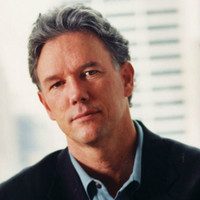A.J. Daulerio is the former editor-in-chief of Gawker.
“The choices they’ve given me are take back everything that you loved about Nick [Denton], Gawker, and your job, and we’ll give you your $1,000 back or your ability to make money. You can walk away from this, but you just can’t talk about it ever again. I don’t see there’s any question for me. I definitely thought long and hard about it, and I’ve talked to a lot of people about it. It’s just not in me. Some days I absolutely wish I could say, ‘Is there a phone call I could make to make this all go away?’ Because I want my life back. That’s happened. But for the most part I just think I would regret doing that.”
Thanks to MailChimp, EA SPORTS FIFA 17, School of the Arts Institute of Chicago, Casper, and Texture for sponsoring this week's episode.
